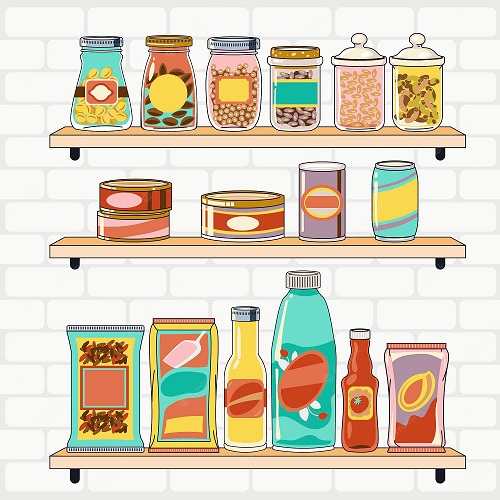With so much hype and in-your-face marketing surrounding sporting supplements, it’s easy to assume that they are a necessary part of a balanced everyday athletic diet. Whether it’s to build muscle, burn fat or increase energy and endurance – many products claim big results without any solid proof.
I often hear, especially among young athletes, that they believe they need supplements to become bigger, faster and stronger and to keep up with the competition. But this is not necessarily the case. Turning your attention to your eating habits is the first port of call.
Before you consider using sporting supplements ask yourself…
Are you organised with your meal prepping?
Does each meal have the correct nutrition to support your goals?
Are you crowding out the good stuff with too many sugary treats void of nutrition?
Sporting supplements only enhance an already healthy diet but never substitute a crappy one, and I would suggest that you fine-tune this before you spend money on them.
“First and foremost, we need a “food first” approach by emphasising that where possible, whole foods should be used to assist with optimal recovery and nutrition, and supplements are to be used to supplement the diet – as icing on the cake if needed.” Says Dietician Bonnie Hancock. “We can usually gain everything we need in the diet from foods, however in some cases, supplements are effective for athletes who are struggling with meal preparation, are not meeting their energy and protein requirements, or those who are looking to achieve specific muscle composition goals.”
To save pennies being flushed down the loo, athletes should also ensure that what they are ingesting gives them bang for their buck. For example, protein supplements should have a minimum of 20-25g protein so if we were looking to the ‘food first’ approach, planning your meals so that you consume 25-30 grams of protein every few hours, is the optimal way to maintain energy levels, fuel muscles and reduce sugar cravings.
It is not recommended that young athletes under the ages of 13 use protein powders, as they can be hard on your child’s kidneys and liver and interfere with calcium absorption. Kids, in general, can enjoy their protein from good quality sources of grass-fed meats and poultry, fish, yoghurt and free-range eggs. Don’t forget plant-based sources of protein are beneficial and include lentils, beans, nuts, seeds.
Of interest in the news of late is the eye-opening issue that supplements can be tainted with other, potentially harmful ingredients. Australian swimmer Shayna Jack recently tested positive to a banned substance and questions are being raised around the supplements she has been using to support her training.
“Athletes should take personal responsibility to check what they are taking. Athletes can check individual ingredients through the ASADA website, to ensure no ingredients used are on the banned list” suggests Bonnie. “Even better, there are two independent organisations which have been developed to test supplements on the market to ensure there is no contamination. Athletes can visit the Hasta or Informed-Sport websites and check if their supplement/s are listed as safe (meaning each batch is tested to ensure no contamination). These supplements will also be marked with the HASTA or Informed-Sport sticker on the shelves.”
So dependent on your goals, sure, there is a supplement to support this, but if it is the best choice is the real issue. Choose a trusted brand and begin by turning to the label and see how many ingredients are comprehendible. Ingredients such as added sugars, artificial flavouring, thickeners, even heavy metals, BPA, (which is used to make plastic) and pesticides fall short of a natural wholefoods diet.





